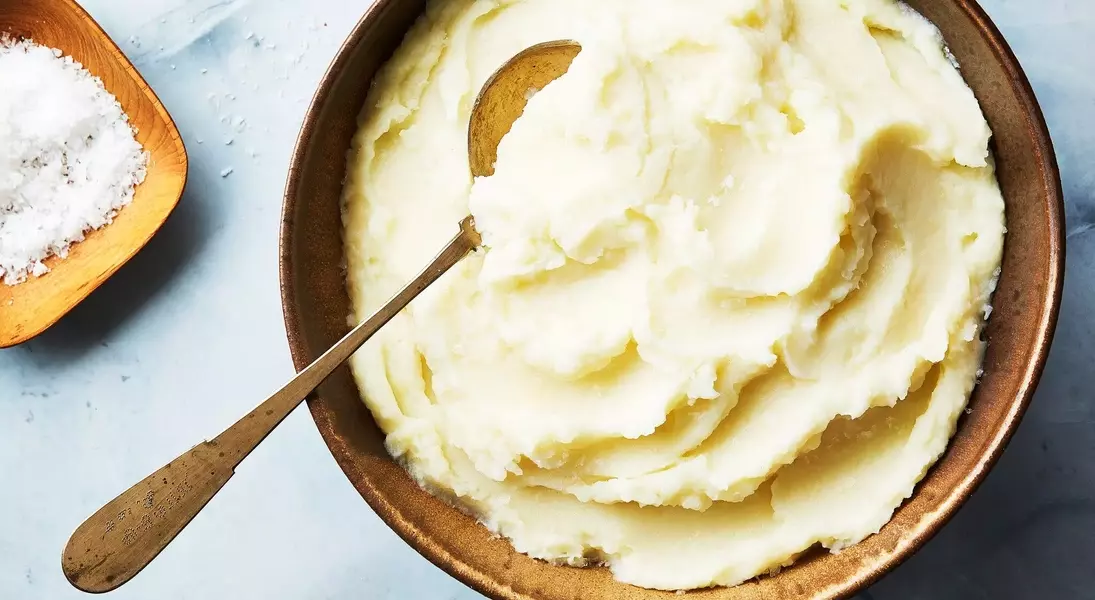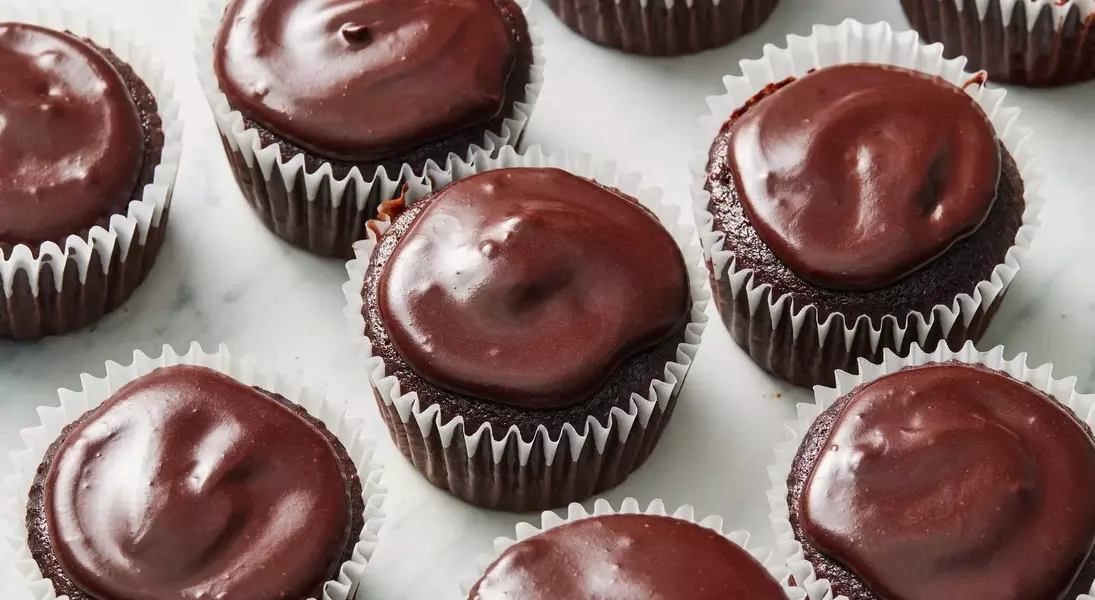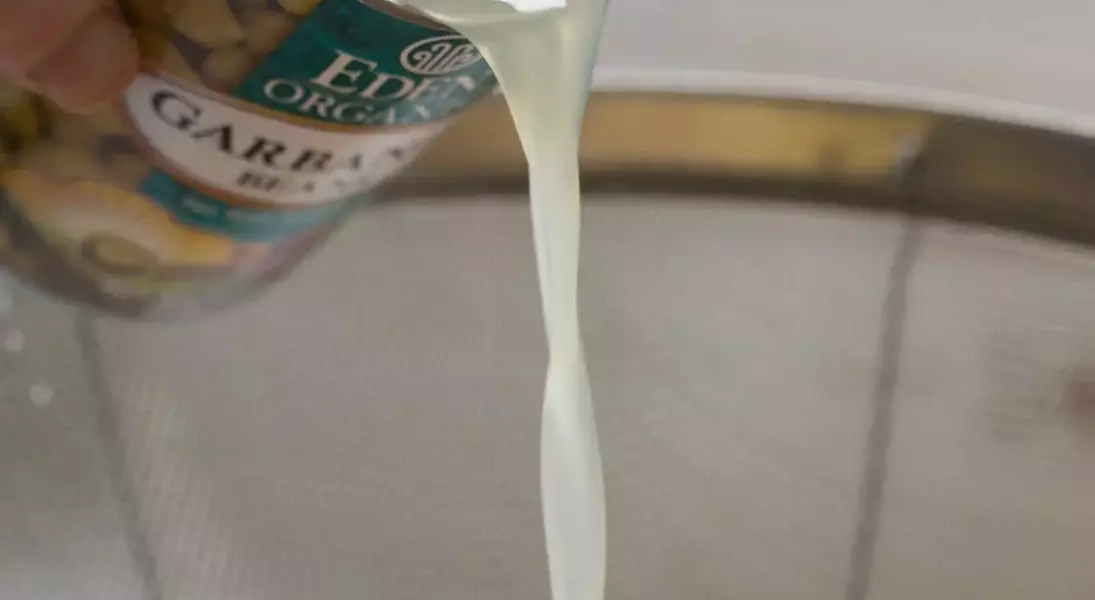To achieve eggless baking excellence, understanding the science behind ingredient substitutions is crucial. Whether driven by dietary restrictions or cost concerns, these alternatives can transform your recipes without compromising flavor or texture.
Discover Foolproof Replacements That Elevate Your Baking Game
The Science Behind Egg-Free Baking
Eggs play a pivotal role in cooking and baking, contributing moisture, richness, structure, and leavening power. When crafting recipes without eggs, it's essential to recognize their multifaceted contributions. Eggs provide moisture through their water content, add richness from fatty yolks, and create structure when proteins coagulate upon heating. In baked goods, eggs also trap air, adding lightness and fluffiness.For those with allergies, adhering to dietary preferences, or facing economic constraints, finding effective substitutes becomes imperative. By exploring alternative ingredients that mimic the functions of eggs, you can maintain the integrity of your recipes while accommodating various needs.Flax Gel: A Versatile Binding Agent
One of the most adaptable substitutes for eggs is flax gel. This simple mixture of ground flaxseed and water forms a gel-like consistency that binds ingredients effectively. Flax gel not only adds structure but also introduces moisture and a subtle nutty flavor that complements a wide range of sweets.To prepare flax gel, combine 7 grams of flax meal with 43 grams of water per large egg. Allow the mixture to sit for 5 to 10 minutes until it thickens. For optimal freshness, grind whole flaxseeds just before use, as preground meal can turn rancid quickly. Incorporating a pinch more baking powder can enhance the binding properties further. Chia seeds offer a similar effect and can be used interchangeably.Aquafaba: The Hidden Gem of Vegan Baking
Aquafaba, the liquid drained from canned chickpeas, presents an unexpected yet powerful substitute for egg whites. This cloudy liquid can be whipped into stiff peaks, mimicking the airy texture of beaten egg whites. Aquafaba provides moisture and lift, making it ideal for meringues, pavlovas, and sheet cakes.Using aquafaba requires precision. For each whole egg, substitute 57 grams (¼ cup) of aquafaba, and for one egg white, use 29 grams (2 tablespoons). Its versatility extends to brownies, yeast breads, and pancakes. While it may not hold up tall cakes or prevent cookies from crumbling, aquafaba excels in creating stable, airy desserts. Combining aquafaba with flax gel can yield impressive results in complex recipes like chiffon cakes.Fruit Purees: Sweetening Your Baked Goods Naturally
Mashed bananas and applesauce serve as delightful replacements for eggs in sweet dishes. These fruit purees introduce natural sweetness, moisture, and some structure to your recipes. A ripe banana pairs beautifully with chocolate, caramel, and vanilla flavors, while applesauce enhances treats with warm spices, maple, and dried fruits.For each egg, substitute 60 grams (¼ cup) of mashed banana or applesauce. To compensate for lost richness, stir in a little flavorless oil. Fruit purees are particularly suitable for drop cookies, muffins, quick breads, and pancakes. Their inherent sweetness and moisture contribute to moist, flavorful results.Tofu: A Savory Substitute with Multiple Uses
In savory dishes, tofu offers an excellent replacement for eggs. Firm tofu, seasoned and stirred well in a pan, closely resembles scrambled eggs. Silken tofu blends smoothly into creamy sauces, replicating the richness of hollandaise. Use a tablespoon of silken tofu per yolk and add butter or oil for extra richness.Tofu’s neutral flavor makes it versatile for various applications. It can be incorporated into savory egg dishes, creamy sauces, and even meatballs or meatloaf. The key lies in proper seasoning and preparation to ensure the tofu integrates seamlessly into your recipe.Starchy Vegetables: Strengthening Meat Mixtures
Mashed potatoes, sweet potatoes, and pumpkin purée provide sturdiness to meat-based dishes. These starchy vegetables act as glue, helping ground meat mixtures hold together and allowing breading to adhere better. Mashed potatoes impart a buttery, creamy flavor perfect for savory applications, while sweet potatoes and pumpkin suit dishes with warm spices.Use 60 grams (¼ cup) of mashed potatoes, sweet potatoes, or pumpkin purée per whole egg. Ensure a thin coating when breading meats to achieve the best results. These substitutes enhance the texture and flavor of your savory creations without the need for eggs.By embracing these innovative substitutes, you can confidently venture into eggless baking and cooking. Experimentation and creativity will lead to delicious outcomes that cater to diverse dietary needs and preferences.




